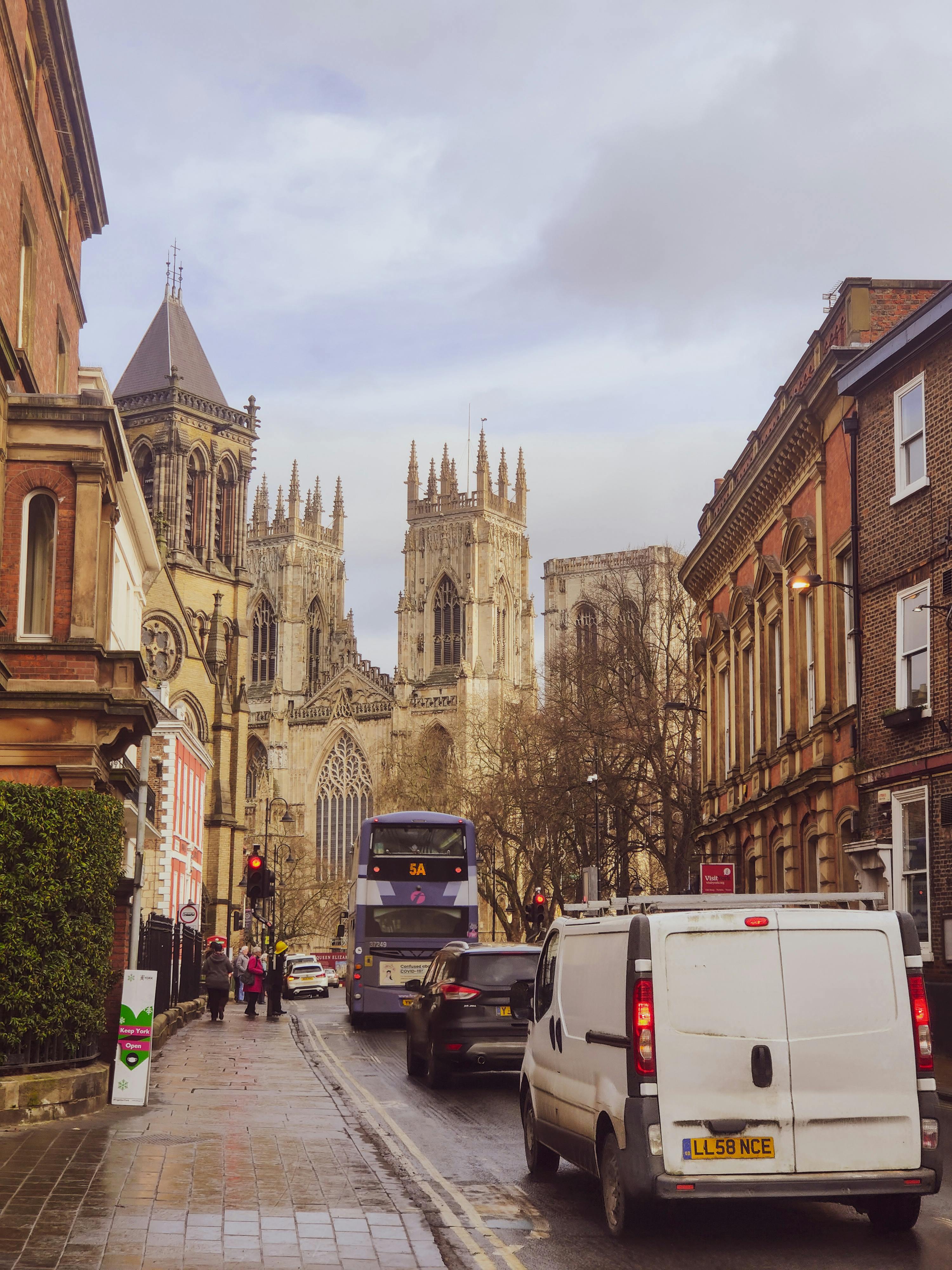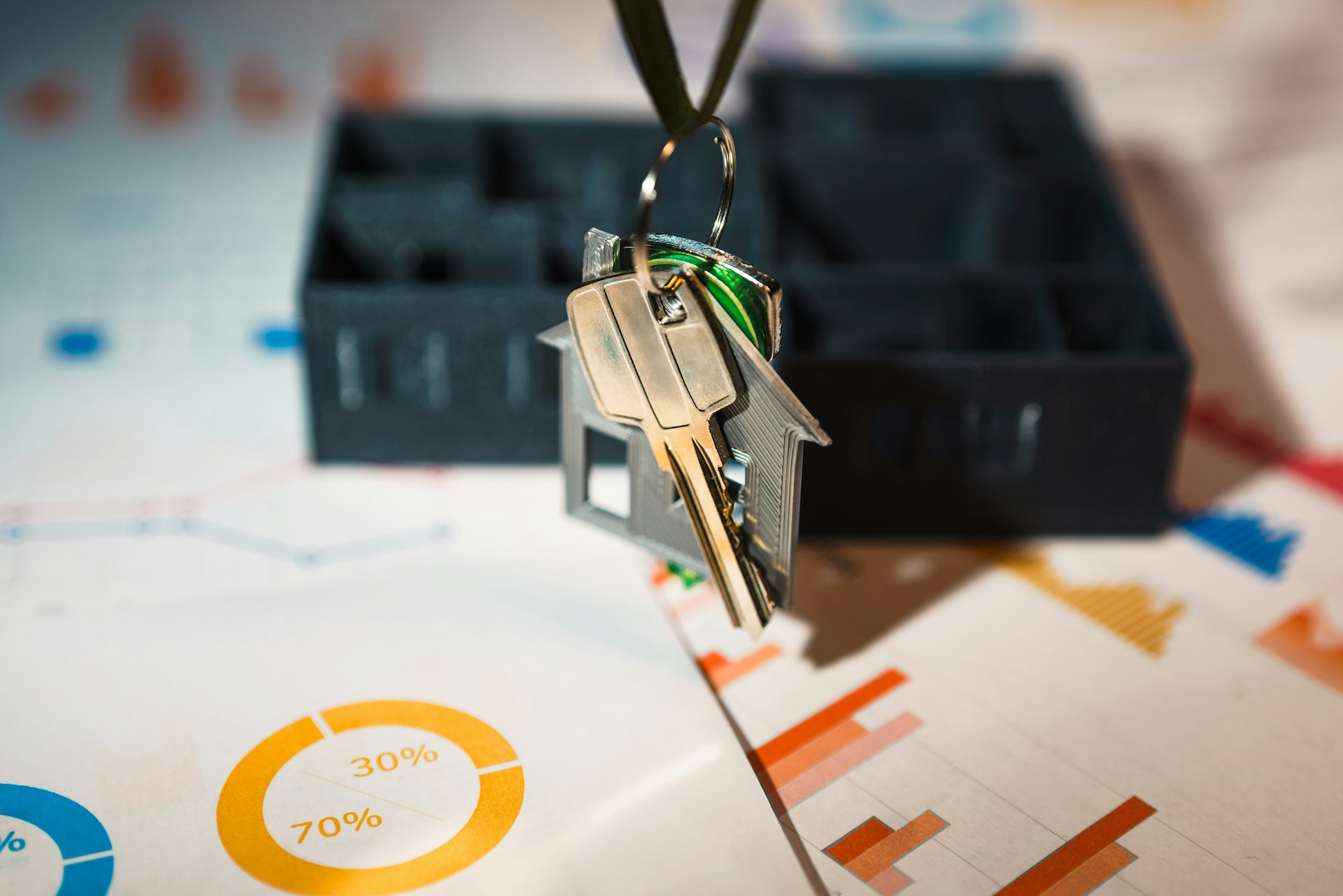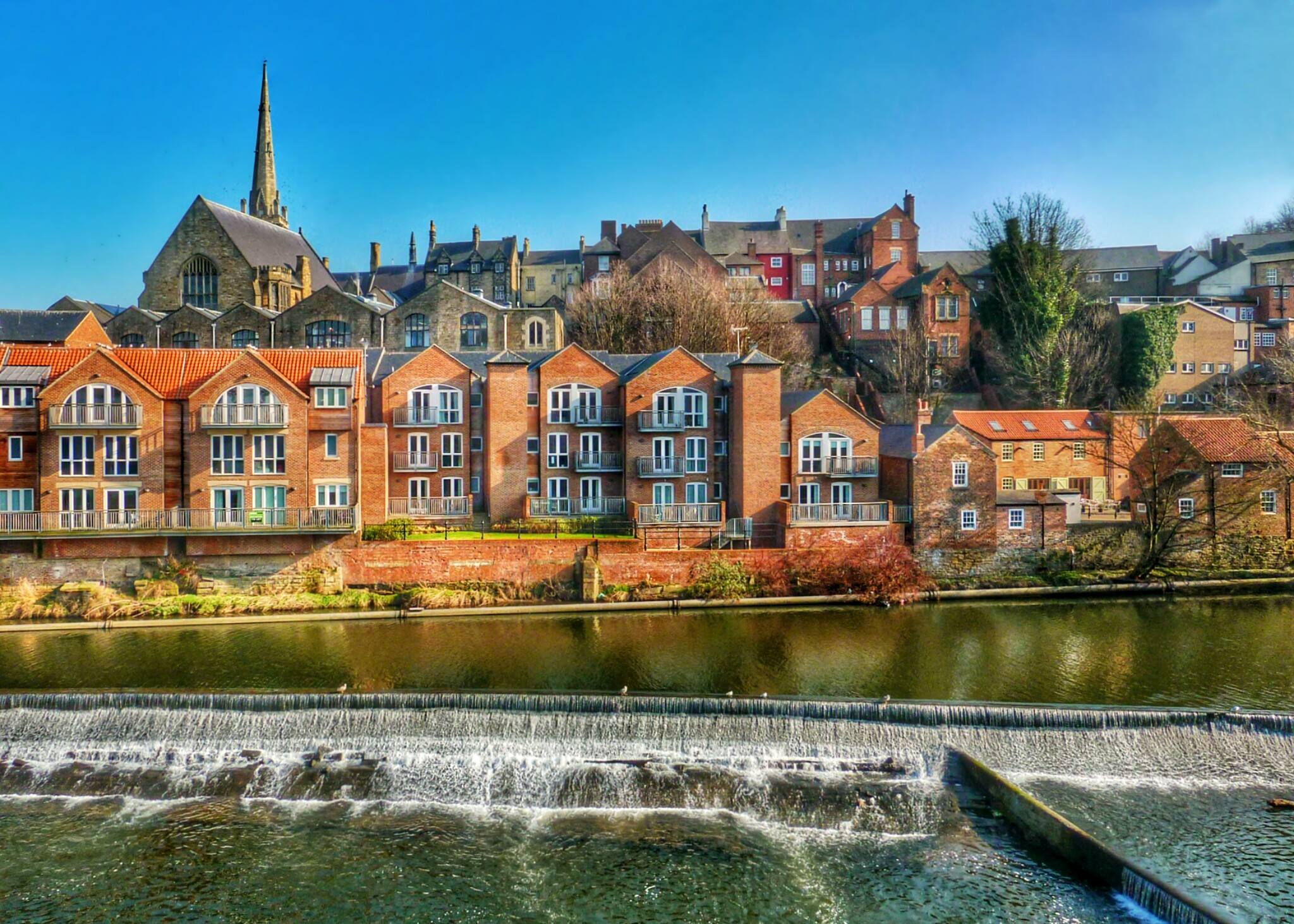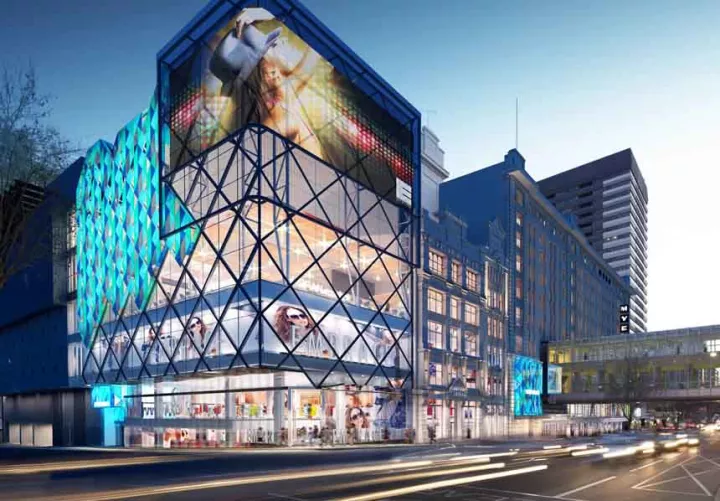Melbourne, a city brimming with culture, vibrant nightlife, and a diverse food scene, is also renowned for its high quality of life. However, complementing these attributes, Melbourne presents a unique tapestry of cost considerations, shaping its global living standards map identity. This cosmopolitan hub offers a distinct blend of affordability and luxury, with expenses varying widely across housing, transportation, dining, and entertainment. So, Here, we aim to provide an authentic, comprehensive view of the cost of living in this dynamic city, providing invaluable insights for newcomers and longstanding residents.
Cost of Living in Melbourne: Daily Life

Melbourne, a vibrant Australian city, offers its residents various experiences. Of course, it’s all about the everyday expenses. So, Below is a detailed analysis of Melbourne’s daily expenses, from food and drink to transport, to give you a more comprehensive understanding of the city’s spending levels. The table below shows the prices of market items.
| Milk (regular) (1 litre) | 2.12 A$ |
|---|---|
| Loaf of Fresh White Bread (500g) | 3.99 A$ |
| Rice (white), (1kg) | 3.37 A$ |
| Eggs (regular) (12) | 5.73 A$ |
| Local Cheese (1kg) | 15.89 A$ |
| Chicken Fillets (1kg) | 13.15 A$ |
| Beef Round (1kg) (or Equivalent Back Leg Red Meat) | 19.67 A$ |
| Apples (1kg) | 4.58 A$ |
| Banana (1kg) | 3.75 A$ |
| Oranges (1kg) | 4.02 A$ |
| Tomato (1kg) | 5.71 A$ |
| Potato (1kg) | 3.65 A$ |
| Onion (1kg) | 3.37 A$ |
| Lettuce (1 head) | 3.42 A$ |
| Water (1.5 liter bottle) | 2.15 A$ |
| Bottle of Wine (Mid-Range) | 17.00 A$ |
| Domestic Beer (0.5 liter bottle) | 7.61 A$ |
| Imported Beer (0.33 liter bottle) | 8.87 A$ |
| Cigarettes 20 Pack (Marlboro) | 44.80 A$ |
Food
Enjoying food is an integral part of life in Melbourne. That is to say, there’s a wide range of cuisines, from street food to fine dining. Below are some everyday expenses for eating and drinking:
Street food and fast food: Melbourne’s food and fast food options are varied and relatively affordable. A typical street or fast food meal may cost between AUD$10 and $ 20.
Restaurants: Melbourne has a wide variety of restaurants to choose from, ranging from affordable Asian restaurants to high-end Western restaurants. A meal at a mid-range restaurant can cost between AU$20-50 per meal.
Cooking for yourself: Buying ingredients is part of the daily expenses for those who like to cook. Ingredients may cost AUD 50-100 per week, depending on the type and quantity of ingredients purchased.
| Meal, Inexpensive Restaurant | 25.00 A$ |
|---|---|
| Meal for 2 People, Mid-range Restaurant, Three-course | 130.00 A$ |
| McMeal at McDonalds (or Equivalent Combo Meal) | 15.00 A$ |
| Domestic Beer (0.5 liter draught) | 12.00 A$ |
| Imported Beer (0.33 liter bottle) | 12.00 A$ |
| Cappuccino (regular) | 5.24 A$ |
| Coke/Pepsi (0.33 liter bottle) | 3.95 A$ |
| Water (0.33 liter bottle) | 3.67 A$ |
Entertainment
Entertainment and leisure activities in Melbourne are equally varied. Here are some ordinary entertainment spending expenses:
Movies and Theatre: The cost of seeing a movie or attending a theatre performance in Melbourne may range between AU$ 20 and 60, depending on the type and location of the performance.
Sports and fitness: For those who love sports, the cost of gyms, swimming pools and various sports centres is part of the daily expenses. Monthly costs can range between A$30-$100, depending on the facilities and packages chosen.
Coffee and Tea Drinks: Melbourne’s coffee and tea drinking culture is prevalent, and daily enjoying a cup of coffee or tea may cost AU$3-10.
Mobile Networks
Keeping in touch with family and friends is important when living in Melbourne, and the internet is essential. Here are some everyday internet spending expenses:
Home Broadband: Home broadband costs vary depending on the package and provider chosen. Depending on the package and speed, monthly costs can range between AU$30 – AU$100.
Mobile data and phone charges: Purchasing a mobile data and phone package is necessary for those on the go. Monthly costs may vary between A$30-$100, depending on the package and provider chosen.
Transport
When travelling in Melbourne, public transport is one of the main modes of transportation. Here are some everyday transport spending expenses:
Public transport: You can save money by purchasing a monthly or annual pass. Monthly passes cost around AUD$150-300, while yearly passes may start from a few thousand dollars. For everyday travelling, a single ticket may cost between AUD$3-7.
Taxis and Internet Rides: Taking a taxi or using an Internet ride service is also an option if you need a more convenient way to get around. However, please note that the costs are relatively high and may range between AUD$10-50 per trip.
| One-way Ticket (Local Transport) | 5.00 A$ |
|---|---|
| Monthly Pass (Regular Price) | 200.00 A$ |
| Taxi Start (Normal Tariff) | 6.50 A$ |
| Taxi 1km (Normal Tariff) | 3.50 A$ |
| Taxi 1hour Waiting (Normal Tariff) | 65.00 A$ |
| Gasoline (1 liter) | 1.94 A$ |
Overall, the cost of living in Melbourne is relatively high, but many affordable options exist. You can live a comfortable life in Melbourne by planning and managing your finances wisely.
Cost of Living in Melbourne: Education
As Australia’s cultural and educational centre, Melbourne is home to many world-renowned universities. These universities provide quality education resources and attract international students worldwide. Below is an overview of the tuition fees of some of Melbourne’s most prestigious universities to help you understand the costs involved.
The University of Melbourne

The University of Melbourne is one of the top universities in Australia, offering a wide range of undergraduate and postgraduate programmes. Below are the tuition fees of the university:
- Undergraduate programmes: approximately AUD$30,000 – AUD$40,000 per year.
- Postgraduate programmes: approximately A$30,000 – A$50,000/year
Royal Melbourne Institute of Technology

Royal Melbourne Institute of Technology (RMIT) is a renowned technical university in Australia, offering a comprehensive range of programmes from undergraduate to PhD. Below are the tuition fees for this university:
- Undergraduate programmes: approximately AUD$25,000 – AUD$35,000/year
- Postgraduate programmes: approximately AUD25,000 – AUD45,000 per year
Monash University

Monash University is another famous university in Melbourne with a high global ranking. Below are the tuition fees for this university:
- Undergraduate programme: about AUD$25,000 – AUD$35,000 per year.
- Postgraduate programmes: approximately AUD$25,000 – AUD$45,000/year
Cost of Living in Melbourne: Accommodation
Living in Melbourne, housing costs are essential to your daily expenses. Below is an overview of rent and utility costs by room type in Melbourne to help you understand the city’s housing expenses.

Sharing a Flat or Room
Sharing a flat or room is affordable for many students and young adults. Here are some typical costs of sharing a flat or room:
Rent: Rent can range from A$150-$400 per week, depending on the type of room, location and facilities of the flat.
Utilities: Usually, these are included in the rent, but there may be additional costs for utilities such as gym, swimming pool, etc.
Independent Flat or House
Renting a self-contained flat or house is a suitable option for those who wish to have their own space. Here are the costs involved:
Rent: Weekly rent may range from AUD$300 – AUD$1000, depending on the facilities, location and size of the flat or house.
Water and electricity grid costs: Usually, these costs are calculated separately and may range from AUD$50-150 per month.
Homestay
Homestay is a good option for students new to the area or wishing to experience the local culture. Below are the costs involved:
Accommodation costs: Weekly costs may range from 250 to A$450 per week, depending on the facilities and food provided by the family.
Water and electricity grid costs: usually included in the accommodation cost, but there may be a small additional charge.
| Apartment (1 bedroom) in City Centre | 2,515.75 A$ |
|---|---|
| Apartment (1 bedroom) Outside of Centre | 2,125.52 A$ |
| Apartment (3 bedrooms) in City Centre | 5,014.46 A$ |
| Apartment (3 bedrooms) Outside of Centre | 3,275.61 A$ |
Overall, housing costs in Melbourne are relatively high, but various affordable options are available. You can find the proper housing solution by comparing the value for money of different options. Before renting an apartment, finding out about the local market and negotiating rents and fees with your landlord or agent is advisable to ensure you get the most reasonable housing conditions.
FAQ
Various factors impact Melbourne’s cost of living, including housing, transportation, food, healthcare, and recreational activities.
Housing prices in Melbourne can vary depending on the location and type of property. On average, renting a one-bedroom apartment in the city centre can cost around AUD 1,800 per month, while outside the city centre, it could be around AUD 1,400 per month.
Grocery costs in Melbourne can vary depending on where you shop. Generally, a weekly grocery bill for a single person can range between AUD 60 to AUD 100, depending on dietary preferences and shopping habits.
Australia has a public healthcare system called Medicare, which provides basic medical services. However, individuals may choose to have private health insurance for additional coverage, with costs varying depending on the provider and level of coverage.
Melbourne offers a wide range of recreational activities, with many affordable or free options available. Parks, gardens, and beaches provide opportunities for outdoor activities, while museums, galleries, and community events offer cultural experiences at varying price points.








